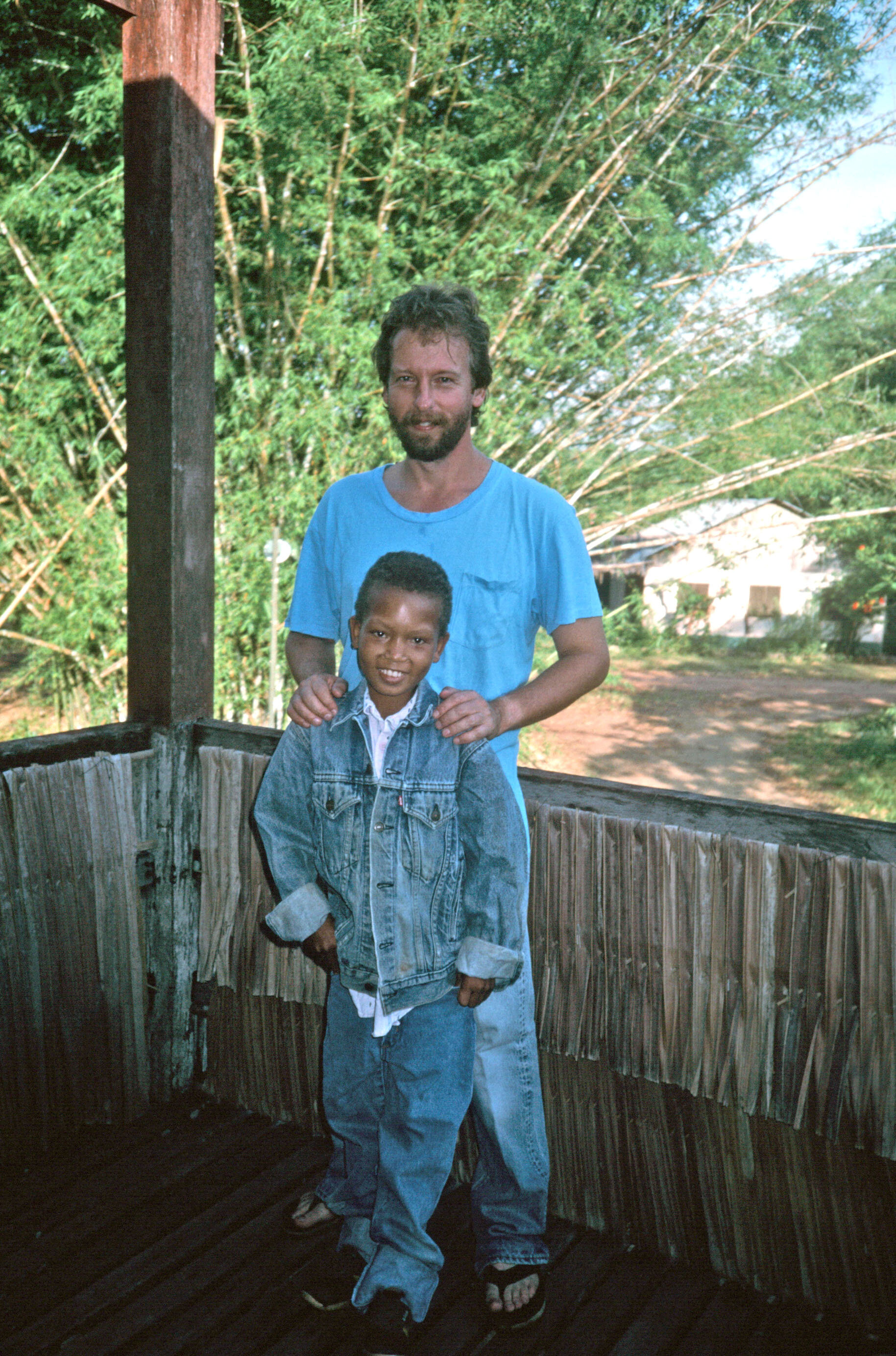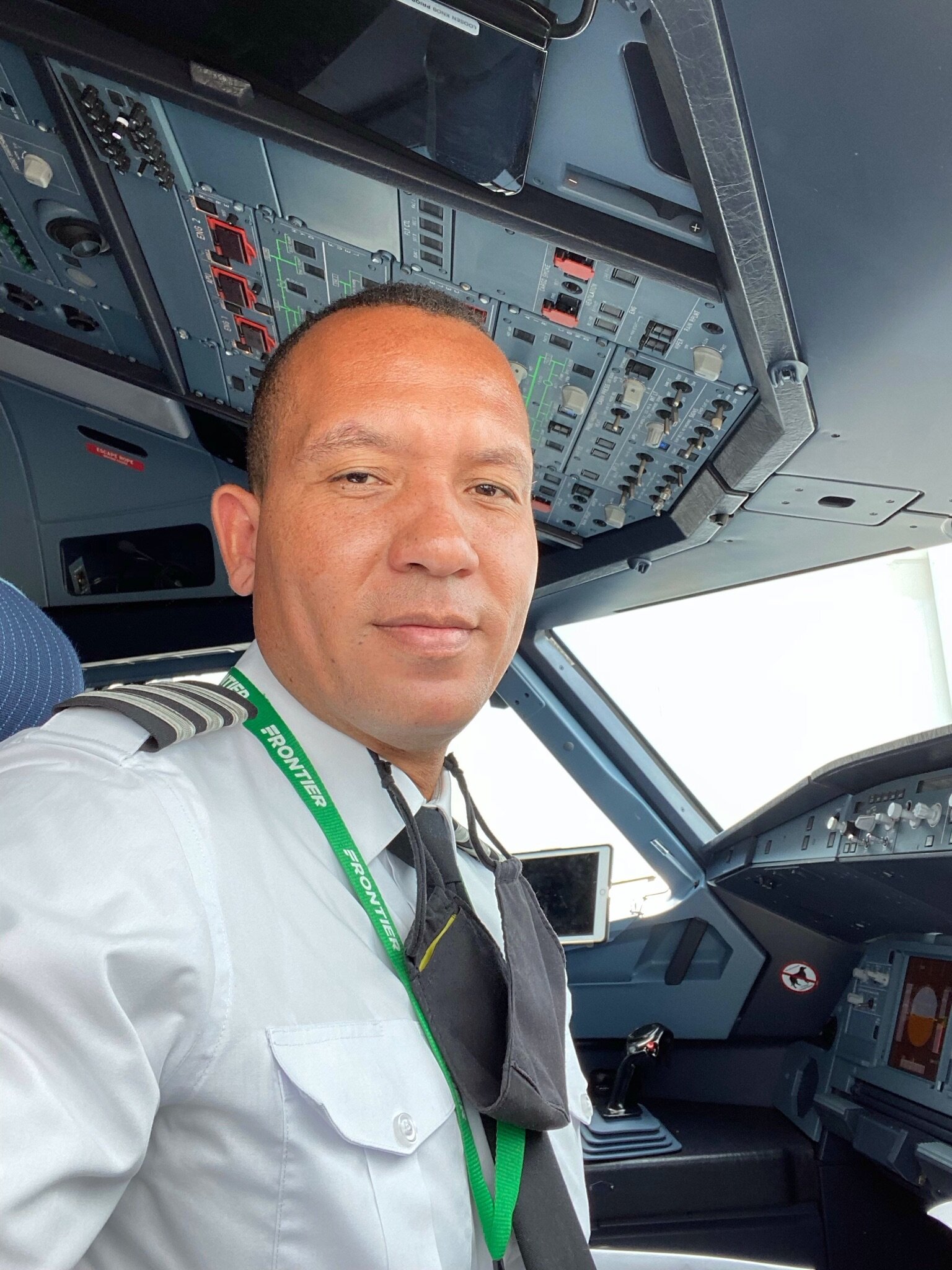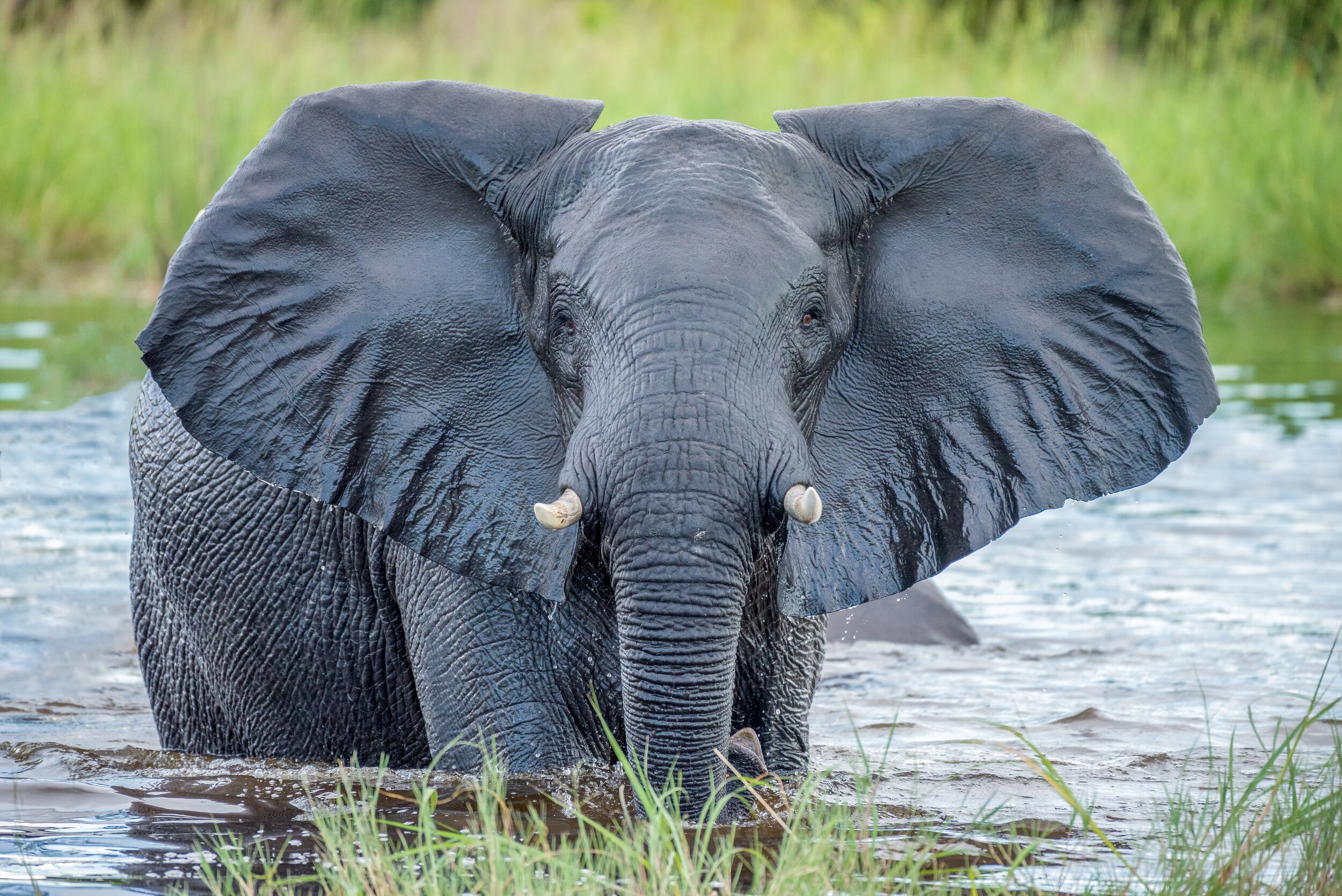
The Central African Republic
Whenever I tell people that I worked in the Central African Republic (C.A.R.), they often respond, “Cool, but what country did you work in?” The place is a mystery to most Americans. If someone was inspired to do some research on the C.A.R., they would soon discover that it’s tough to find something complimentary written about the place. There is never a shortage of bad news. For example, according to the C.A.R.’s Wikipedia page, it is “among the ten poorest countries in the world.” As of 2019, according to the Human Development Index (HDI), “the country had the second lowest level of human development (only behind Niger) ranking 188th out of 189 countries, and the country had the lowest inequality-adjusted HDI, ranking 150th out of 150 countries.” I’m not exactly sure what that statistic means, but generally, 150th out of 150 is never a good thing. I also saw a statistic that the C.A.R. is estimated to be “the unhealthiest country as well as the worst country in which to be young.” In 2009, World Bank Group’s report, Doing Business, ranked the C.A.R. 183rd of 183 as regards “ease of doing business,” a composite index, which takes into account regulations that enhance business activity and those that restrict it. Sounds like the experts agree that it’s a tough place to be a human, a young human, and a businessman or businesswoman. If that weren’t enough, the Central African Republic has been in a lingering and extremely violent civil war since 2004. The war has pitted neighboring Christians against Muslims and has perpetuated the country’s poor human rights record, characterized by widespread and increasing abuses by various participating armed groups, such as arbitrary imprisonment, torture, murder of innocents, and restrictions on freedom of the press and freedom of movement.
Yes, Central Africans are poor, their rulers are not, and trying to get business done in the C.A.R., even during peaceful times, is like trying to teach your cat how to make profitable investments in the stock market. That said, I would rate the Central African Republic as #1 in places to go to as a Peace Corps volunteer, especially if you are looking for a challenge that will test your limited skills, your patience, your digestive system, your immune system, and your ability to laugh instead of cry when nothing goes your way. I still look back fondly on my years spent there. I was sent there to teach Central Africans how to raise fish in ponds, and later, how to protect elephants, gorillas and the Central African rain forest.
On paper, I was the teacher and they were my charges, but I’m smart enough to realize that the Central African people taught me more than any tidbits of knowledge I passed along to them. I learned how to drink palm wine, how to eat things I never would have considered consuming before, how to be patient with strangers who aren’t native speakers of my language, and how to live simply and contentedly without clutter like electricity, running water, refrigerators, TVs, air conditioners, hot showers, fast food, phones, paved roads, Super Bowls, and weather predictions.
Central Africans didn’t have much, but what they had, they willingly shared with total strangers. They opened their small houses, their large hearts, and their poorly stocked cupboards. And without realizing it, they also gave me a wealth of material to include in my book. For example, they shared their beliefs that crocodile men were real and walked among us, that there was no such thing as an uncorrupt leader, but that was okay since anyone else in that position would do the same thing, and that Peace Corps volunteers worked for the C.I.A. and were sent to the C.A.R. to do reconnaissance for the impending American invasion. As hard as I tried to educate them that none of those things were true, they couldn’t be convinced. They laughed at my naivete. They probably thought it was cute.





The Central African Republic gave me new levels of self-confidence and humility, along with a newfound appreciation for afternoon siestas and warm beer, and yes, sometimes those last two things were connected. The C.A.R. also gave me shistosomiasis, amoebic dysentery, and malaria, and for some strange reason, I still love the place. It’s probably because the Central African Republic also gave me my son, Josh. He was born to a beautiful Central African woman named Jacqueline who should have been on the cover of Vogue Magazine instead of in the small village of Boda, where I was posted as a Peace Corps fisheries volunteer. Josh wasn’t planned, but most good things that happen to us aren’t. It was decided, probably over many warm beers, that Josh would spend his early years with his mom in the C.A.R. and at some point, he would join me in the States. I visited and I sent money to support Josh, Jackie, and her large extended family. I’m sure I bought many warm beers for people I didn’t even know.
When Josh was ten, I had the opportunity to return to the C.A.R. to work for the World Wildlife Fund and get re-acquainted with my son. I used this experience as a storyline in my novel, as if a murder by a crocodile man wasn’t enough to keep readers turning the pages. My protagonist, Kael Husker, learns how to be a father without going through the seminary, but to get there, he first has to meet his son, Josie, after being away for ten years.
Sapu looked up from her pot and said, "Josie will be here soon. I sent him to the market to buy a can of tomato paste and some peanut butter." Kael could feel his heart pound at the mere mention of his son's name. How would it react when he actually saw him? He doubted Sapu or any of her sisters knew how to perform CPR, and that made him more nervous. He scanned the area in the direction of the market, but saw no one resembling a Husker. Would he even recognize Josie? Had it really been ten years? That would be seventy years to his dog, Chako, which meant Josie could be an old man by now. Kael realized that he wasn't thinking rationally, but he couldn't help it. He even thought that this uncomfortable reunion would be so much easier if only they lived on Saturn, a planet that took thirty Earth-years to revolve once around the sun. Ten years here was only four months (one-third of a revolution) on Saturn, and that seemed a more acceptable time frame for a father to not see his son.
— Quote from the book
Josh decided at the wise age of five that he was going to be a pilot. He’d never been in a plane, but when he stretched out on a mat outside at night and stared up at the vast African sky, he would often see lights moving among the stars. His mom told him that those lights were planes and they carried people from one place to another, even places very far away. Right then and right there, he decided that he would be the person flying those planes. Josh is now a professional pilot. He lives outside Nashville, Tennessee with his wife and three kids, and I couldn’t be prouder.
The Central African Republic may be unknown, poor, mis-managed, troubled, and war-torn, but it did right by me.





